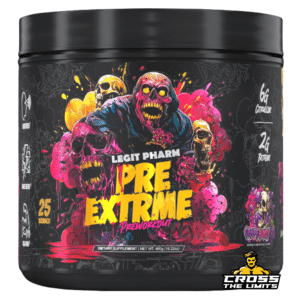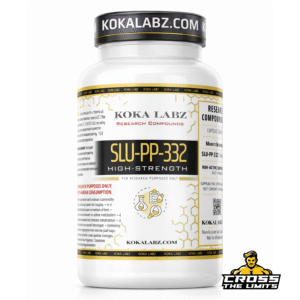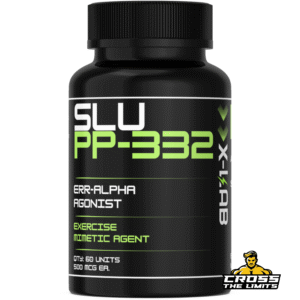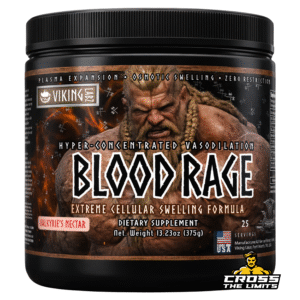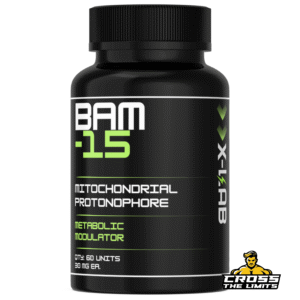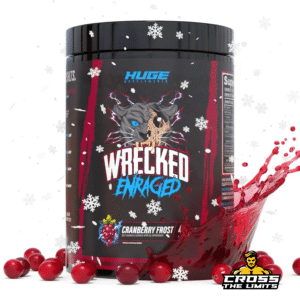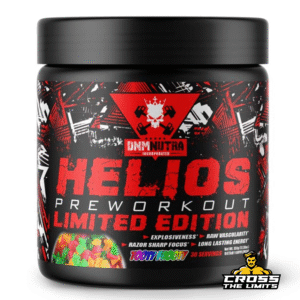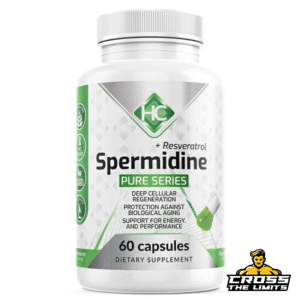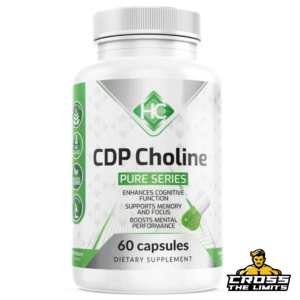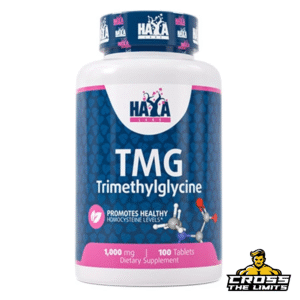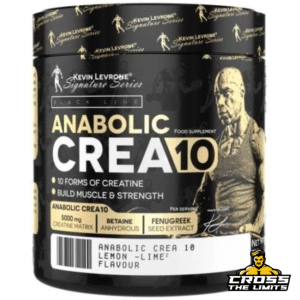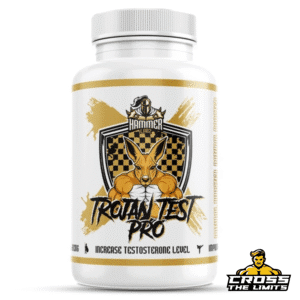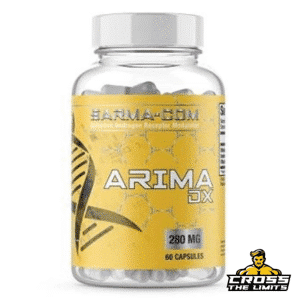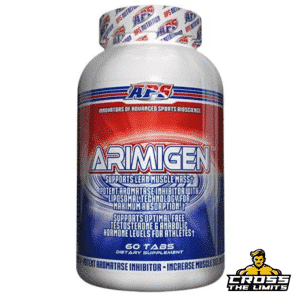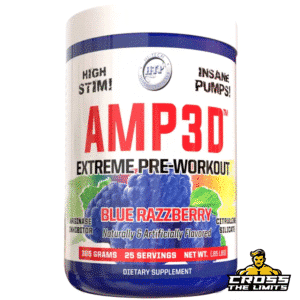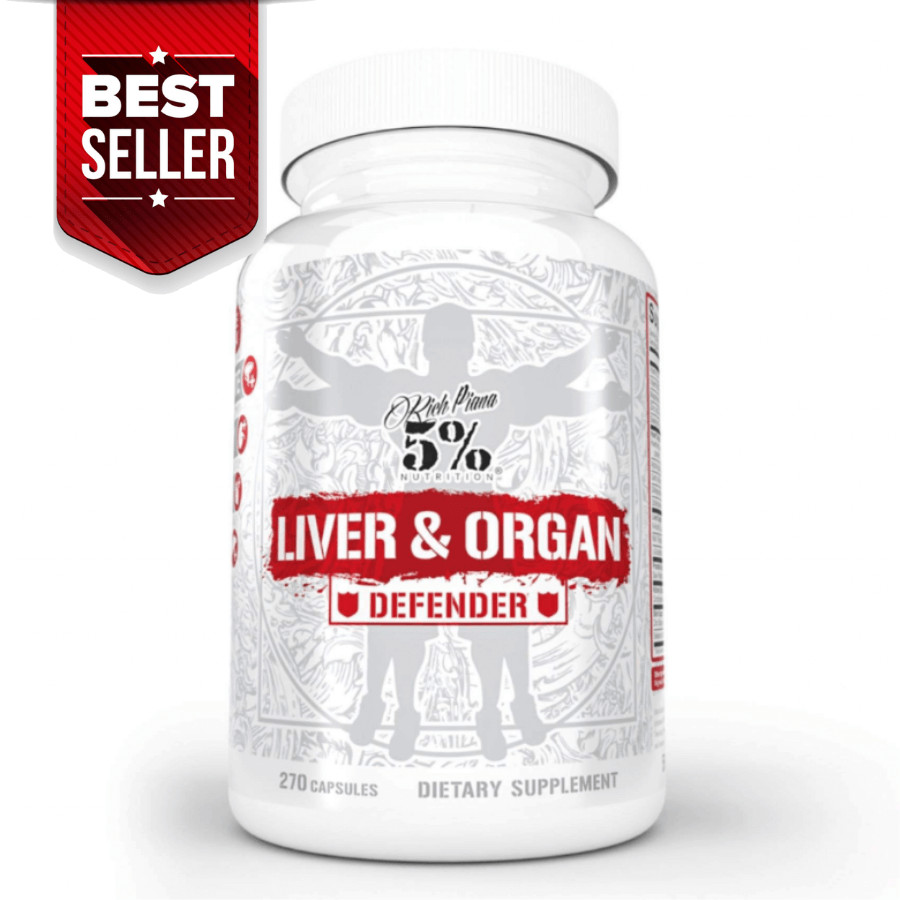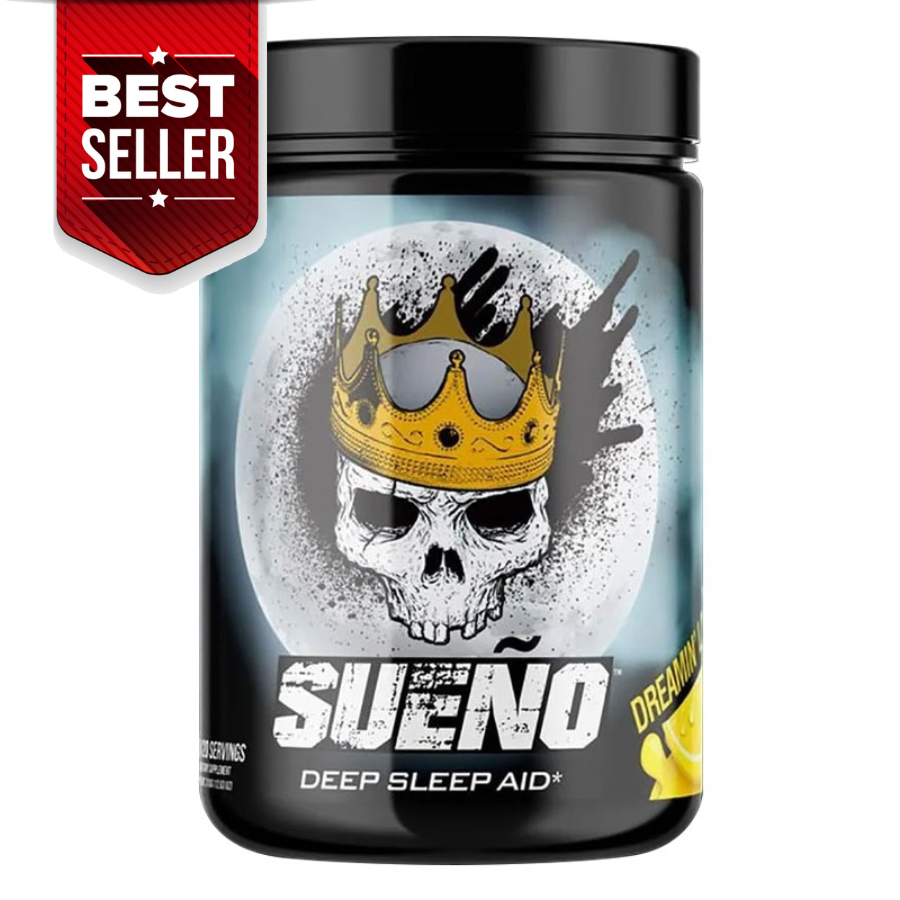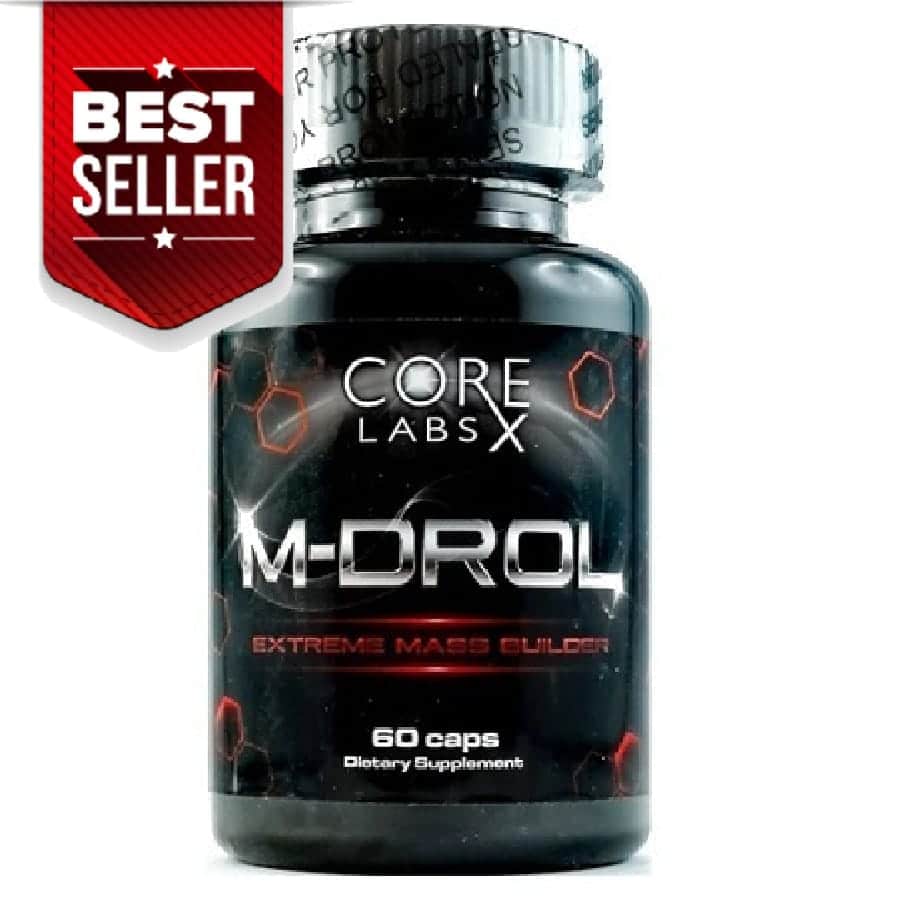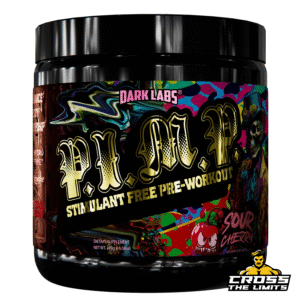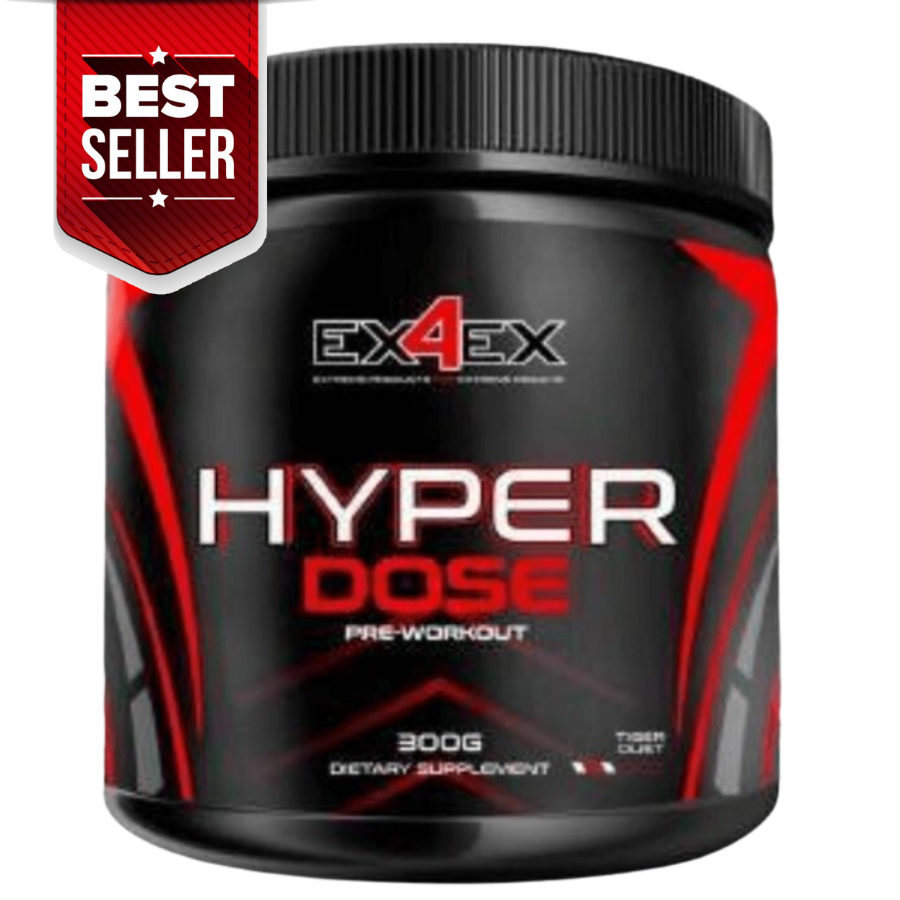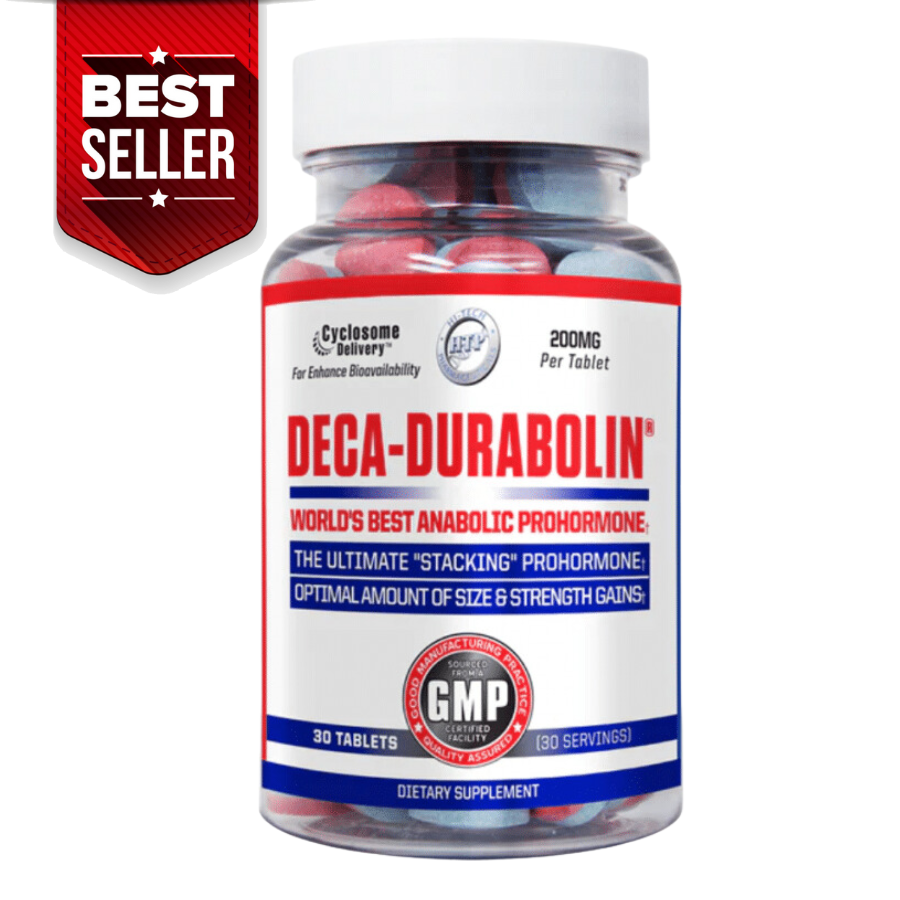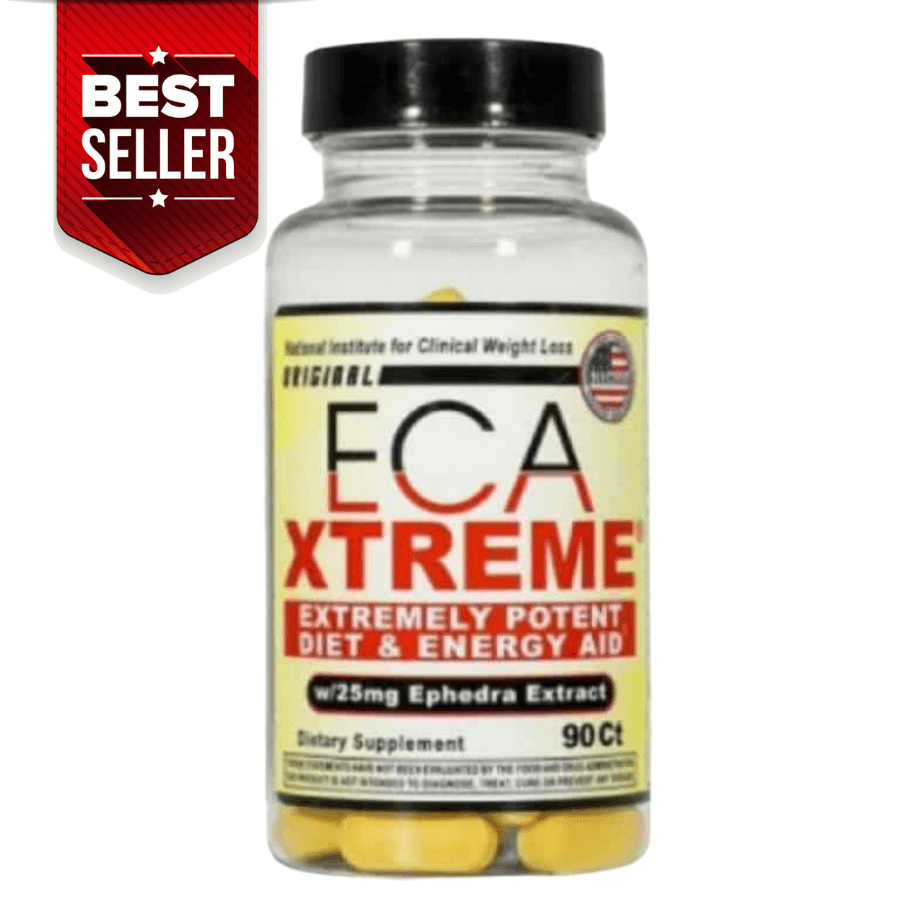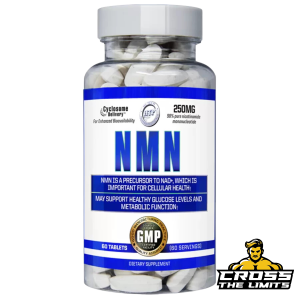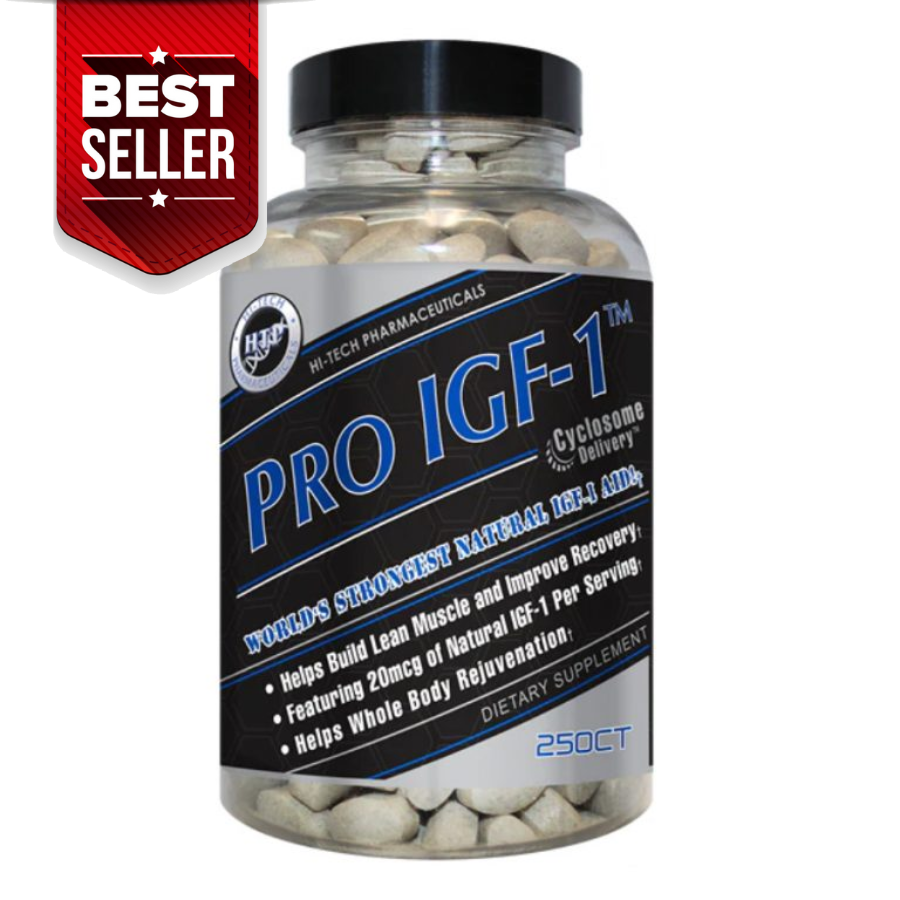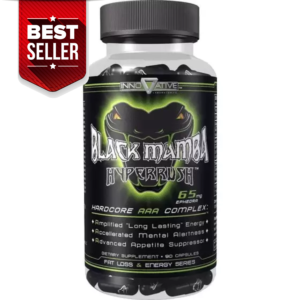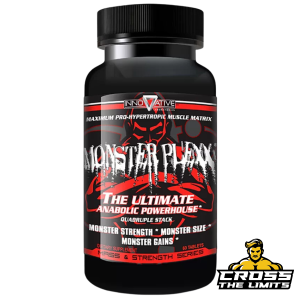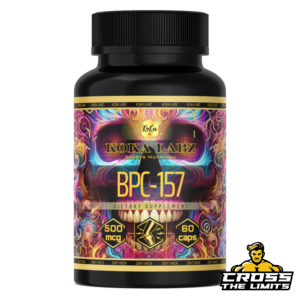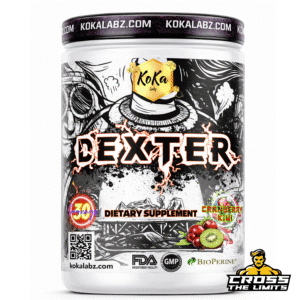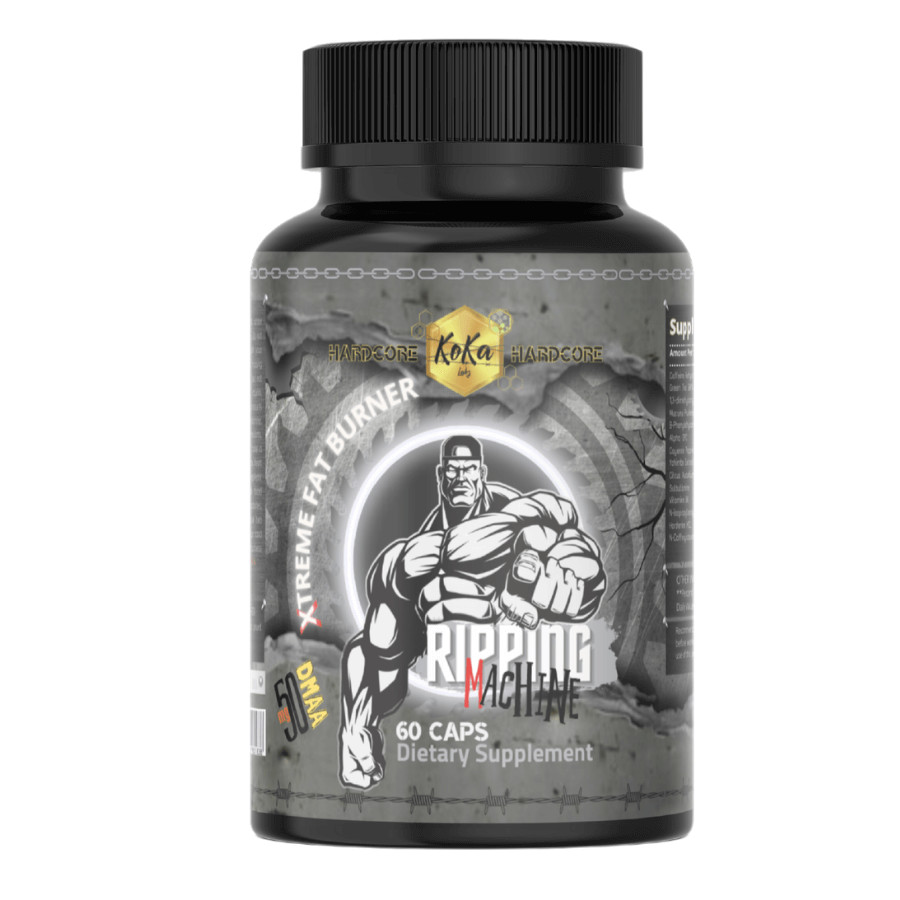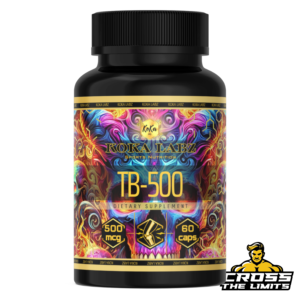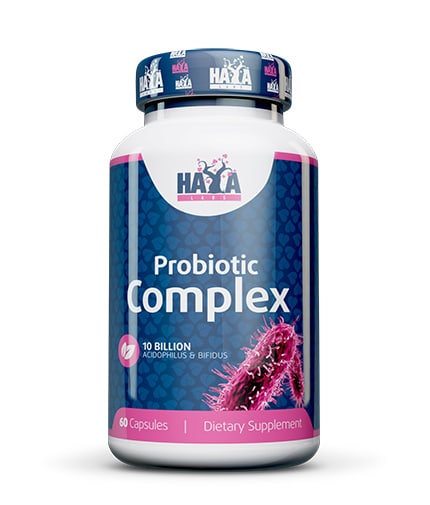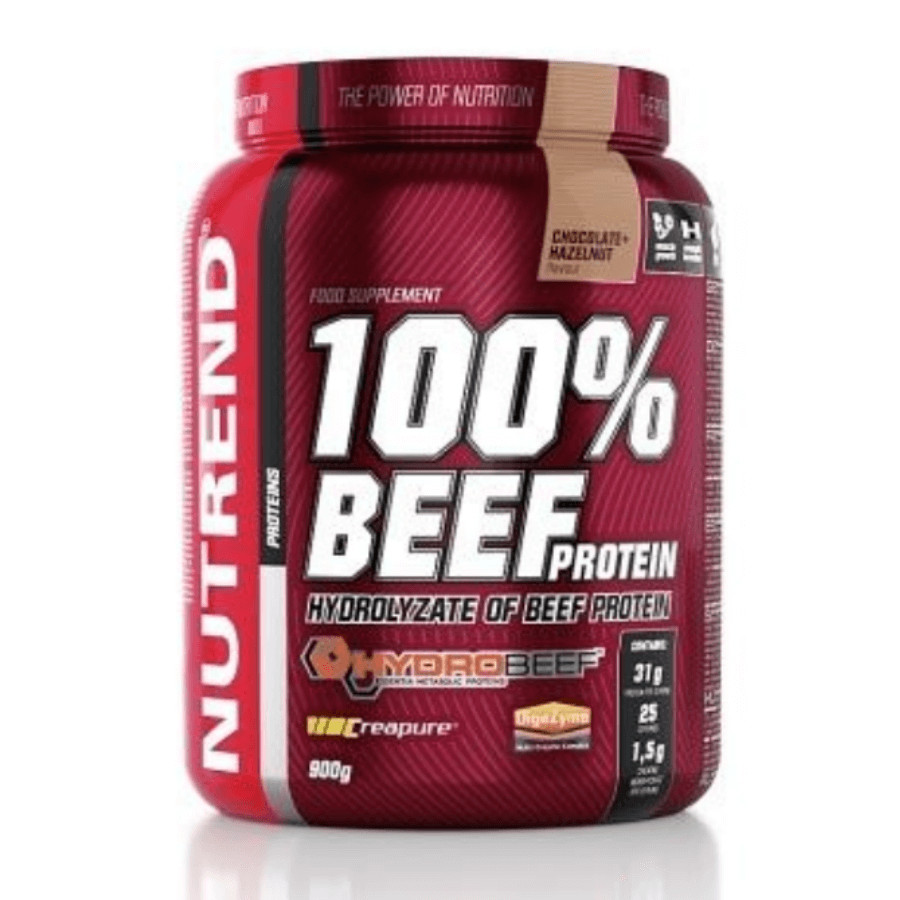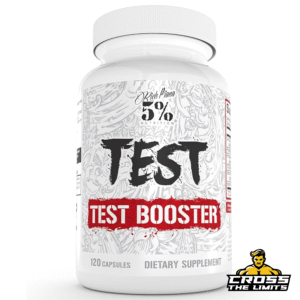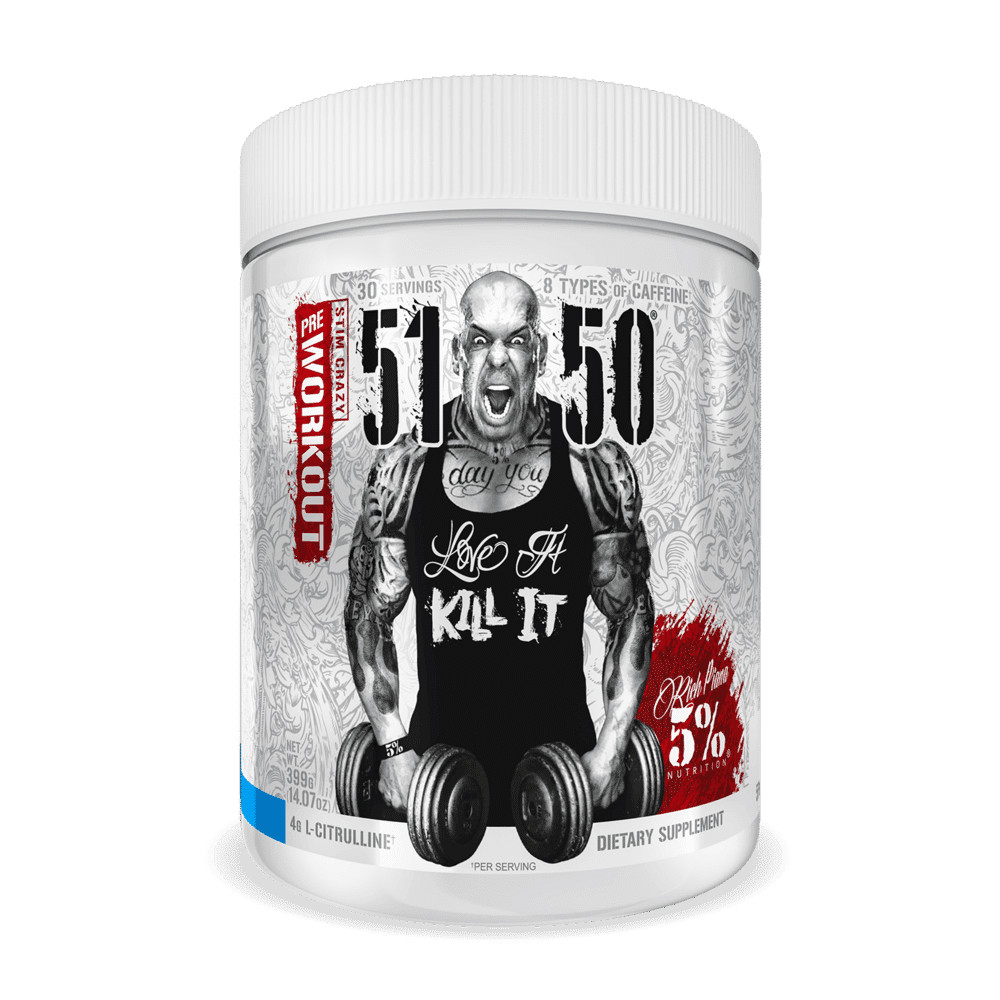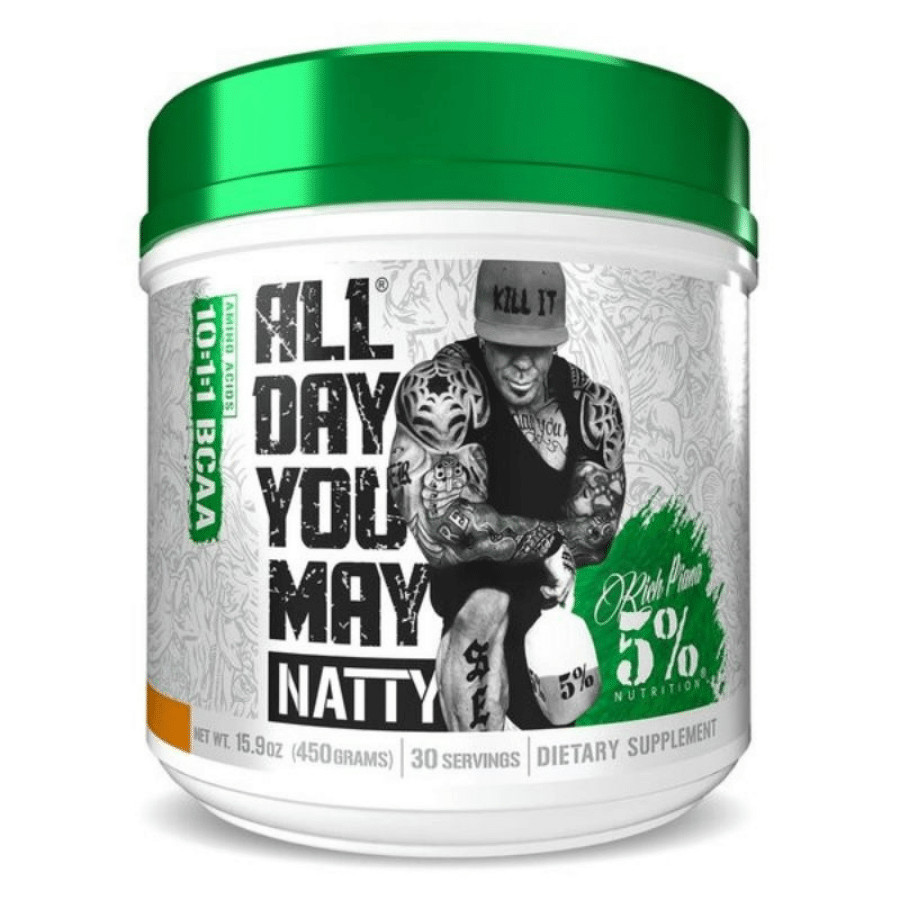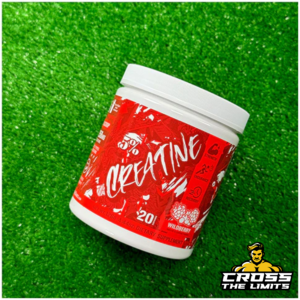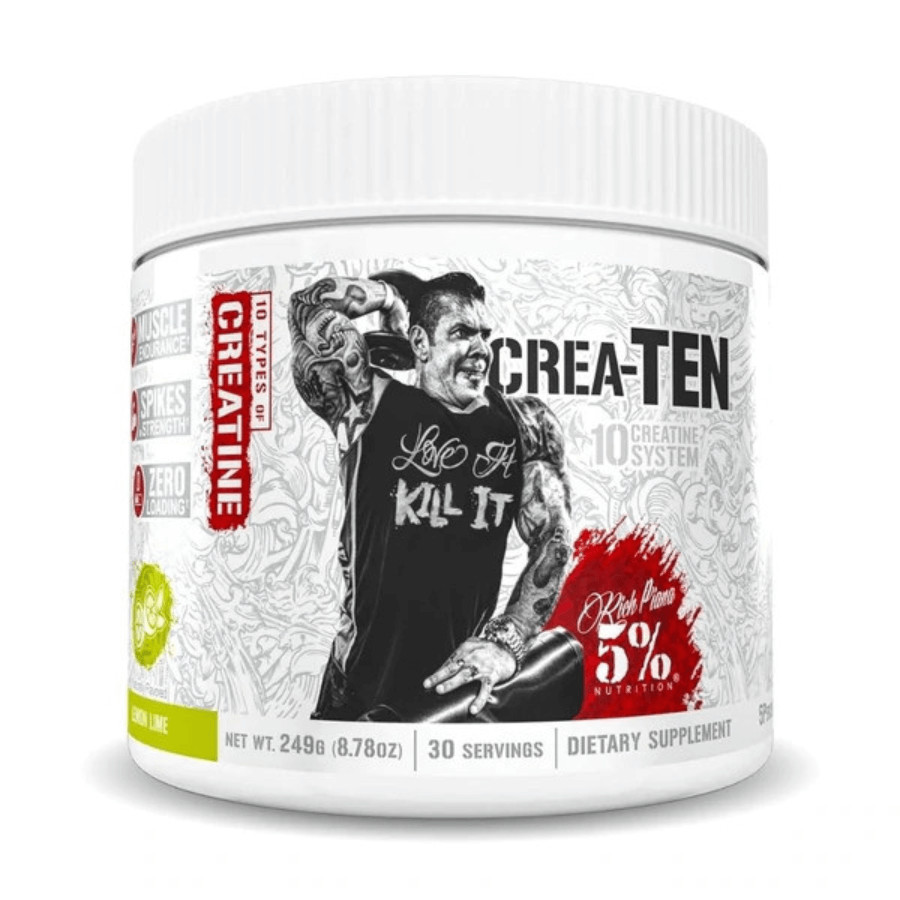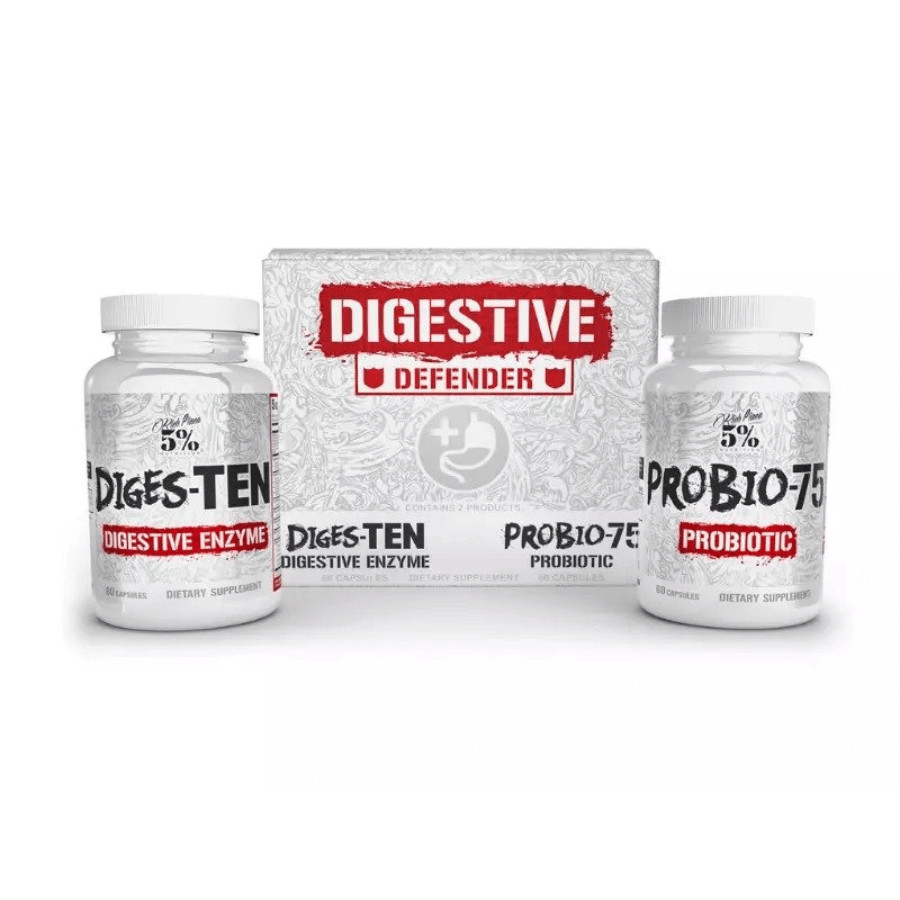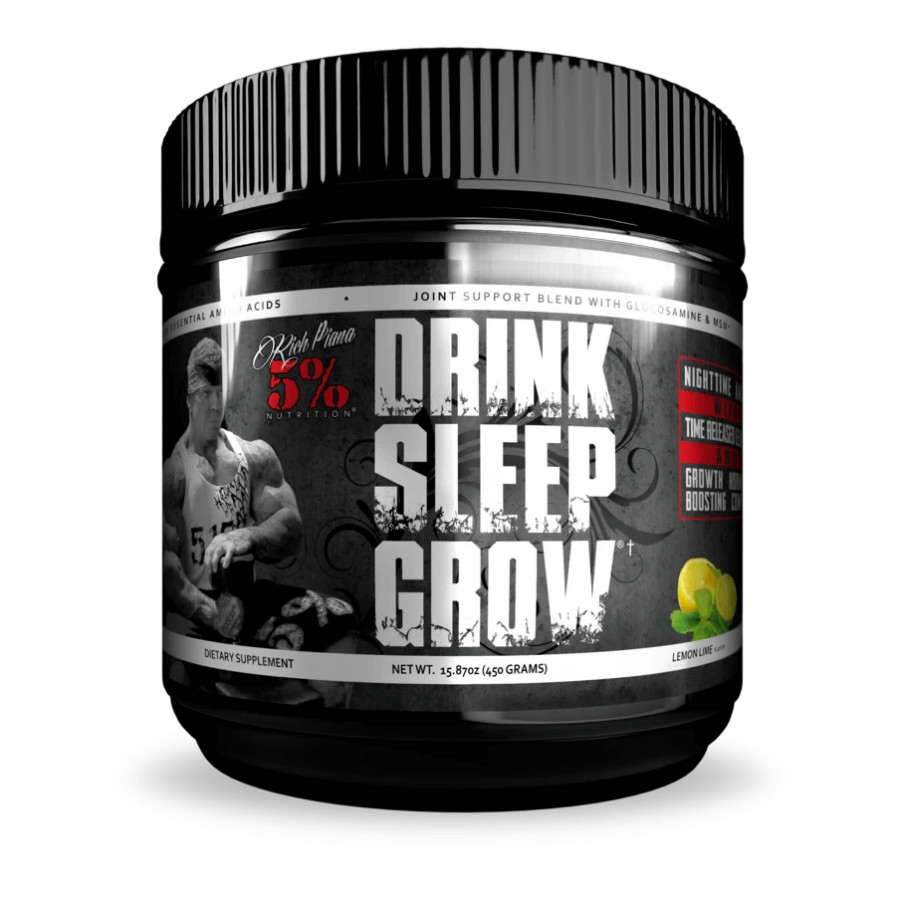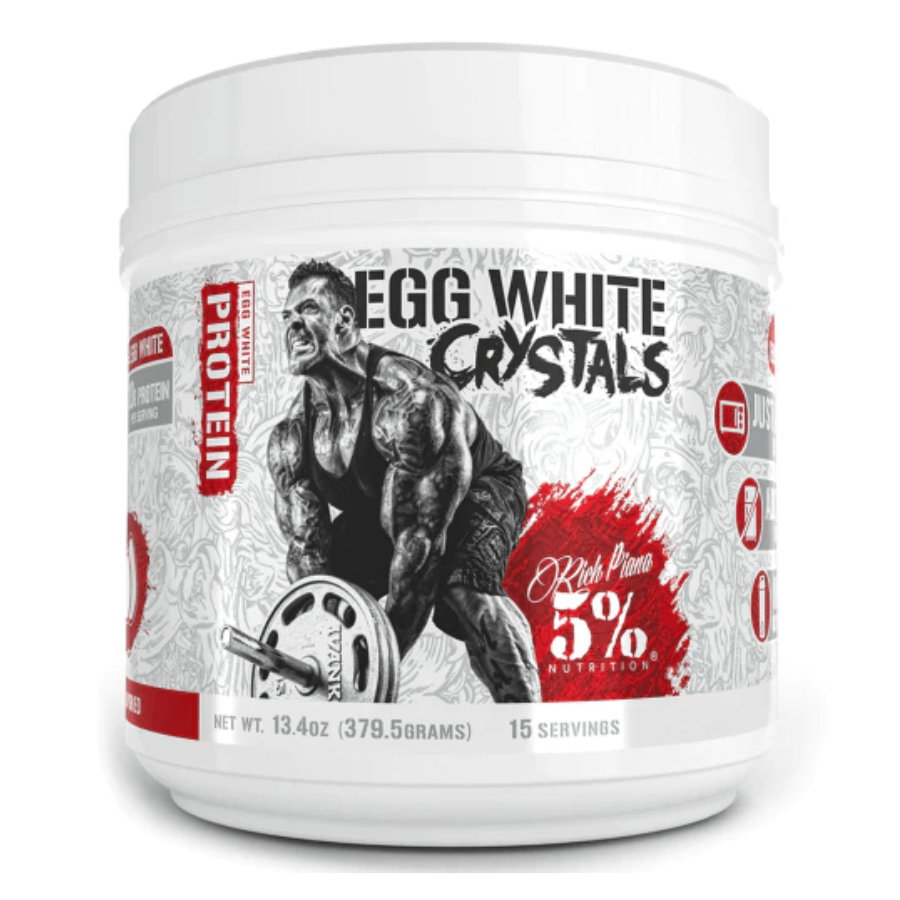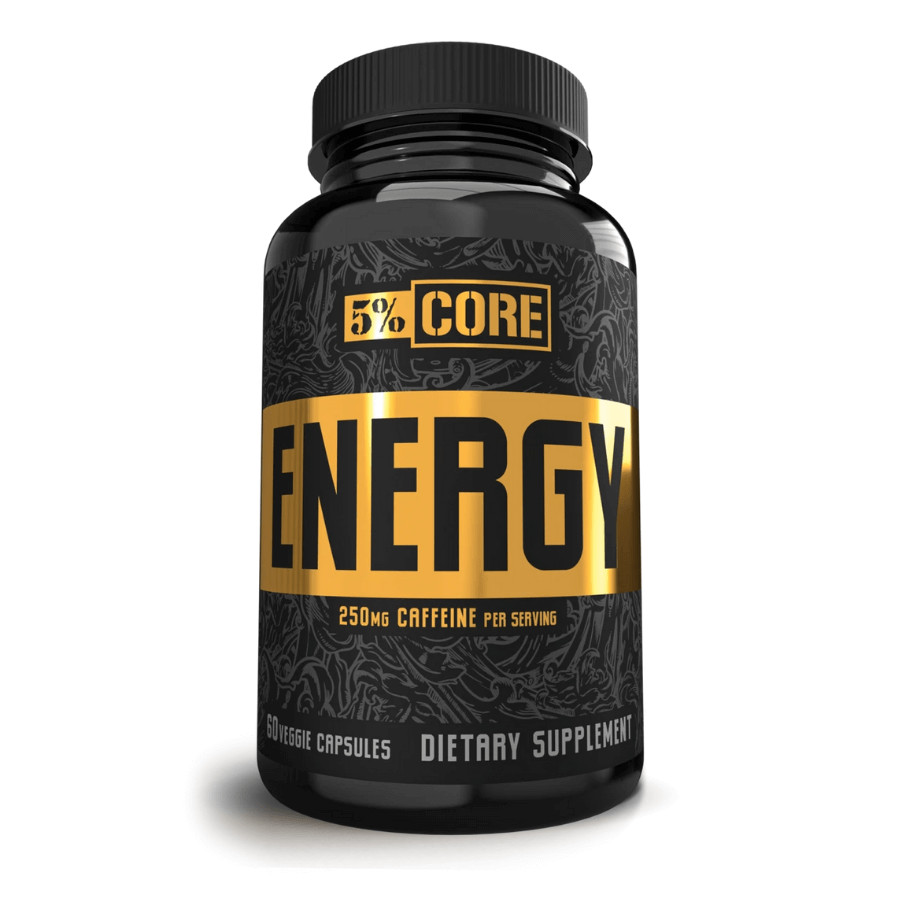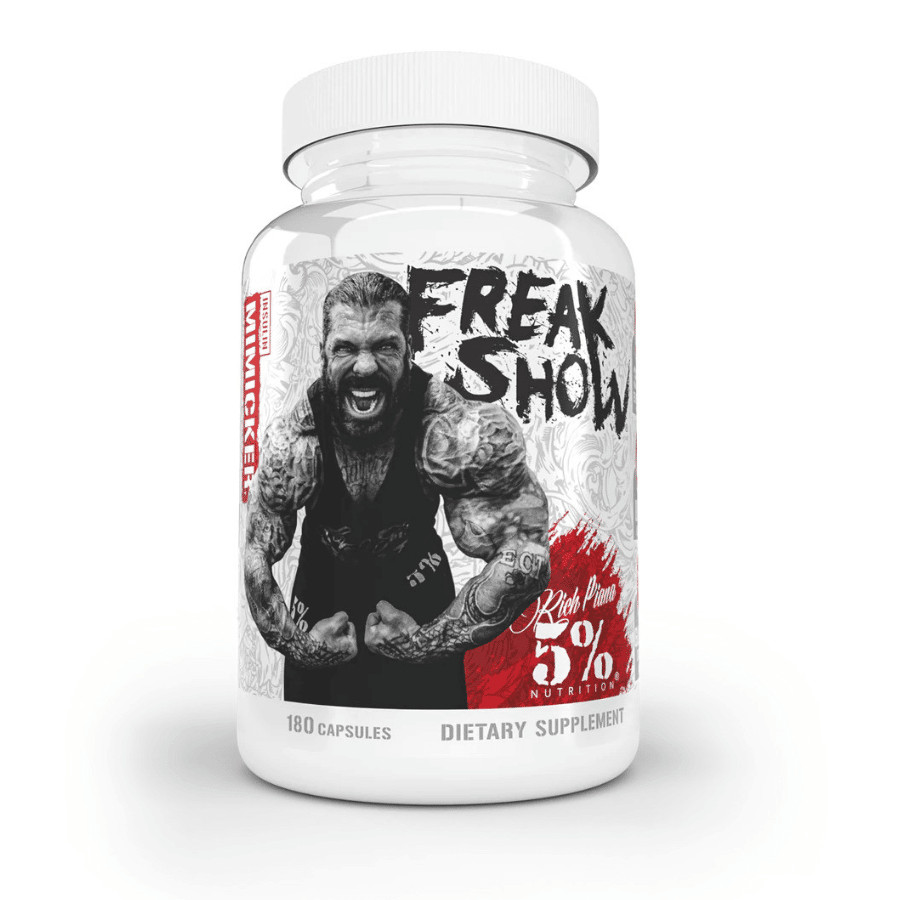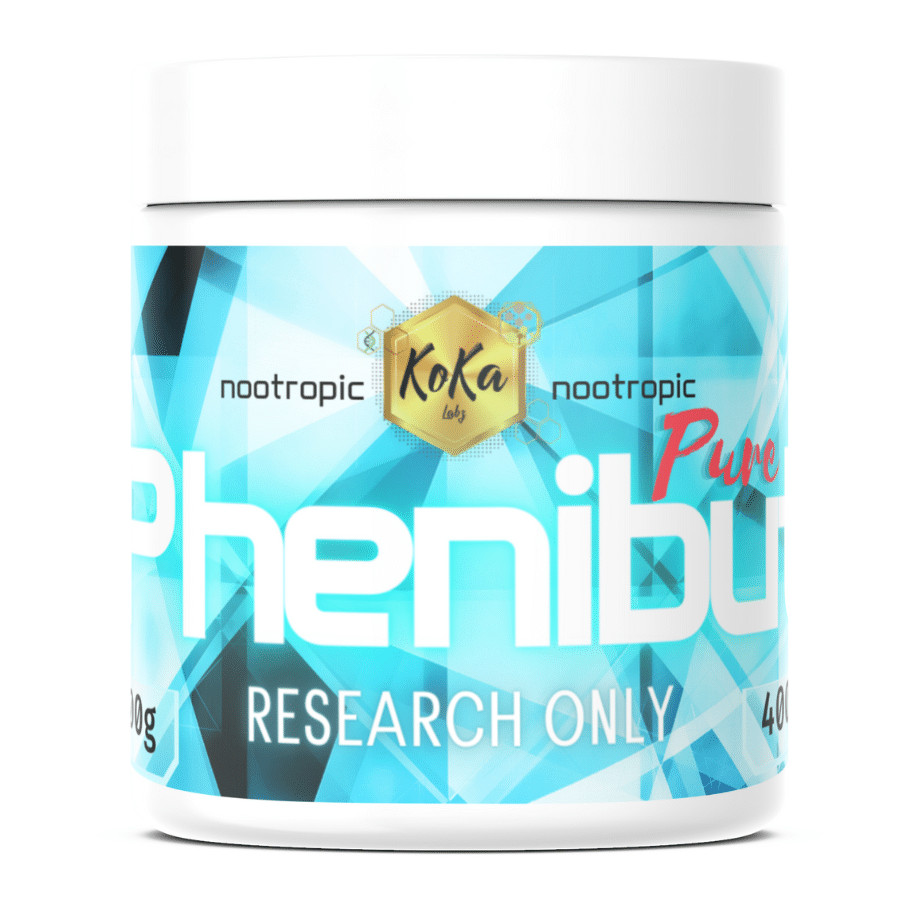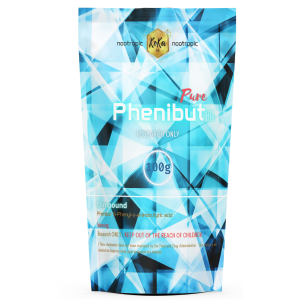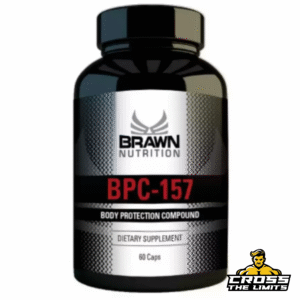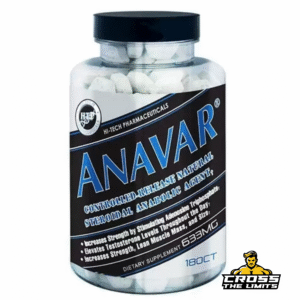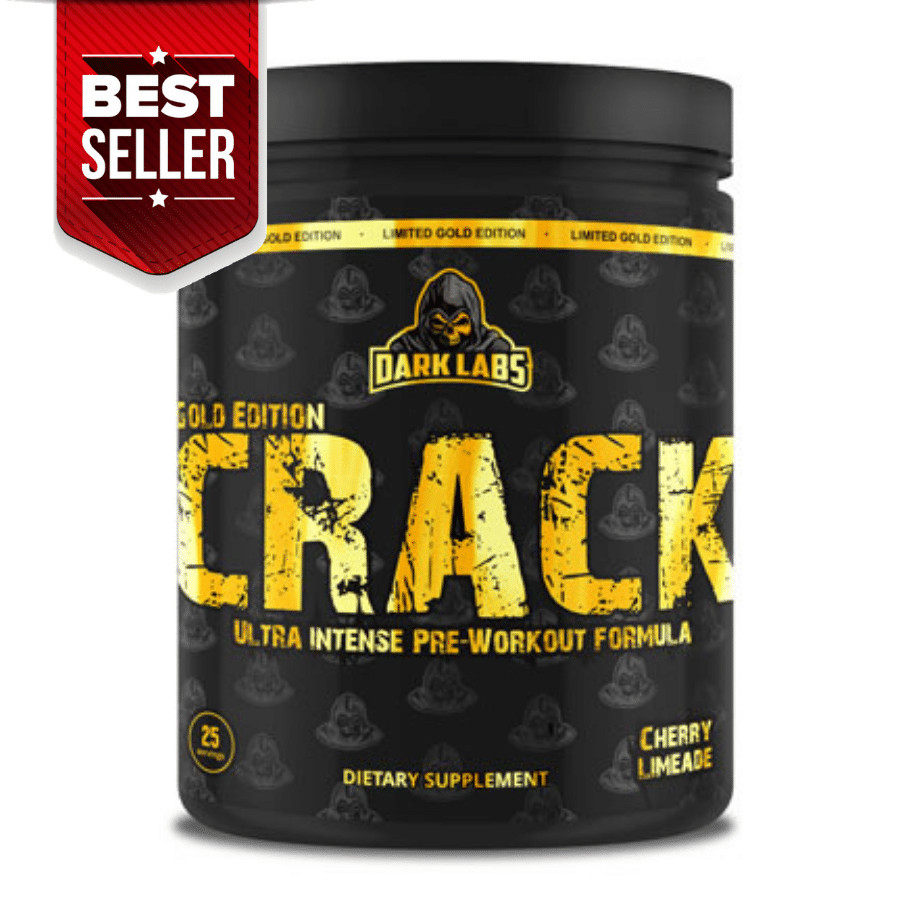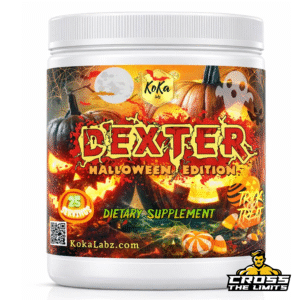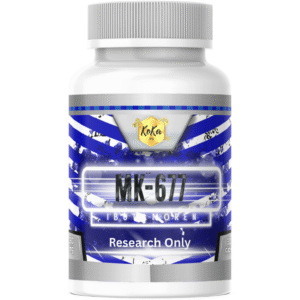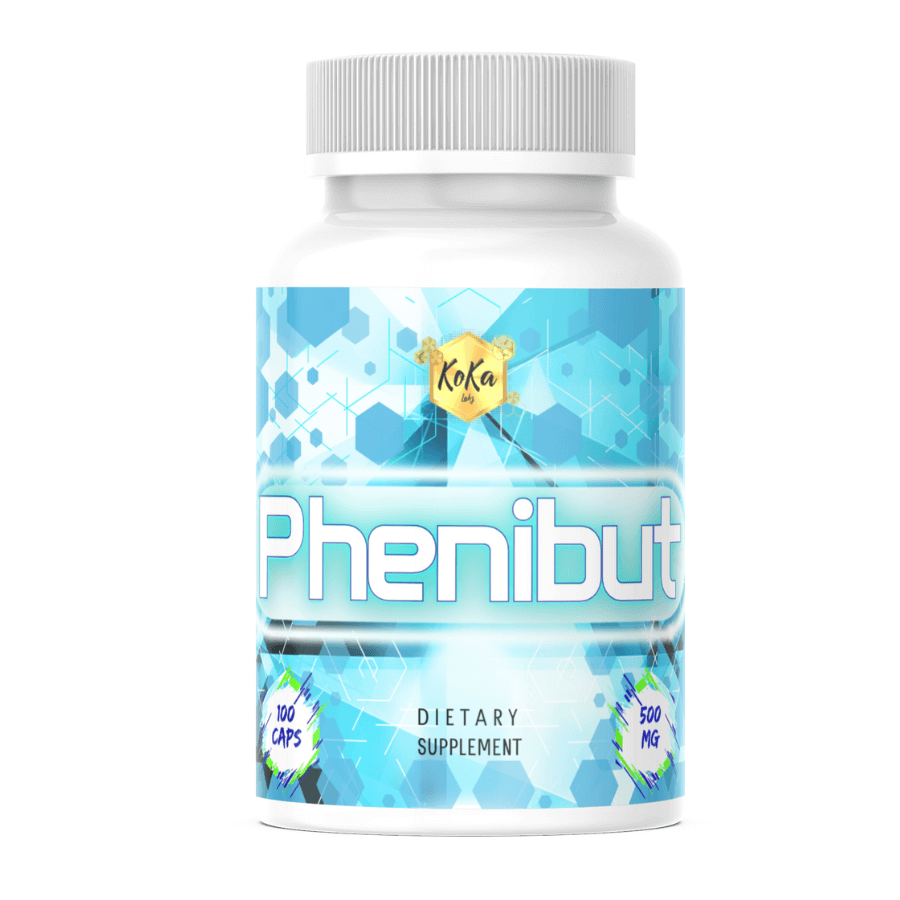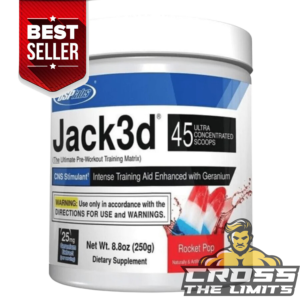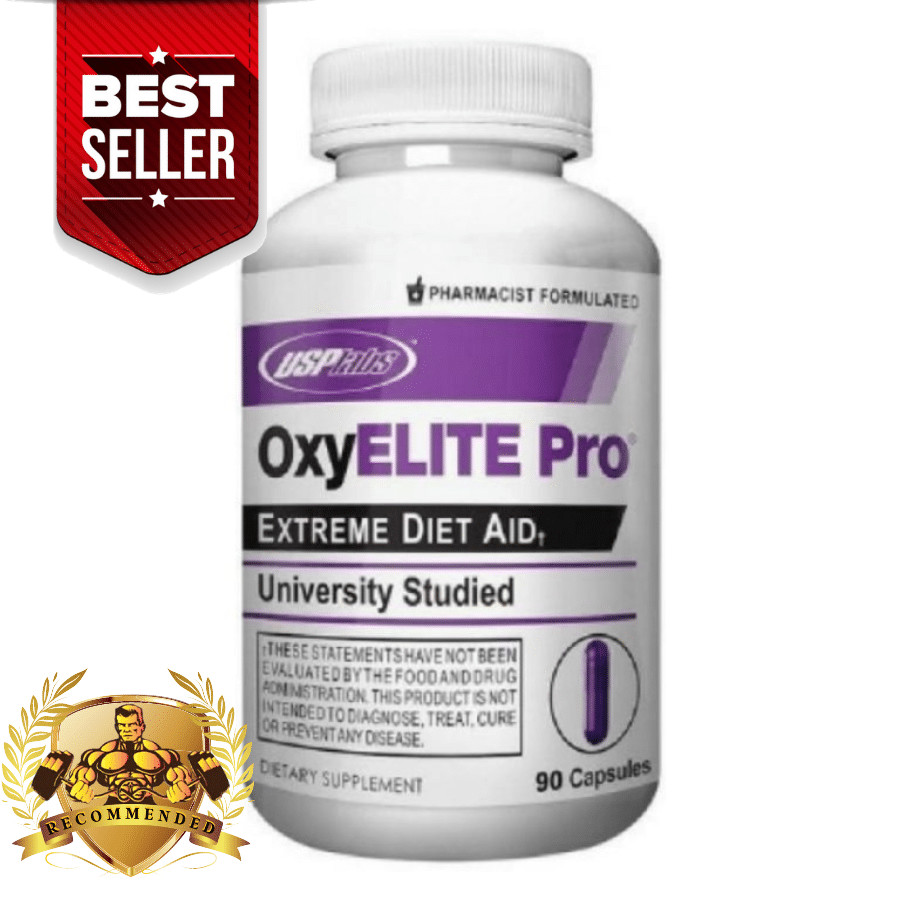Creatine is among the most recognized and well-researched dietary supplements, particularly favoured by athletes and bodybuilders. Its reputation is built on its ability to enhance physical performance, build muscle mass, and improve overall fitness. However, if you’re new to creatine, it’s essential to understand what it is, how it works, and which type of creatine might be best for you.
What is Creatine?
Creatine is an organic compound, specifically beta-methyl guanidino acetic acid, naturally produced by the human body. Its primary role is to supply energy to all body cells, particularly muscle cells. Structurally, creatine is similar to proteins, comprising three amino acids: arginine, methionine, and glycine. While creatine is found in dietary sources such as meat and fish, the amounts from food alone are often insufficient to meet the energy demands of intense physical activities. This is why creatine supplementation is popular among athletes—it helps generate the necessary energy quickly, enabling more intensive workouts.
-
Out of stockAddAdd
X-LAB SLU-PP-332 60 caps
£53.25Out of stockAddX-LAB BAM-15 60 Caps
£82.00AddAddAddAddAddAddAddCreatine is stored predominantly in muscles (about 98%), where it plays a crucial role in energy production, especially during high-intensity, short-duration exercises like sprinting or weightlifting. When the body’s creatine levels are too low, it struggles to cope with increasing the intensity or difficulty of workouts, making supplementation beneficial.
How Does Creatine Work?
Creatine’s effects are well-documented, and its benefits for those actively involved in sports are numerous and measurable:
- Muscle Strength and Repair: Creatine strengthens muscles and aids in regenerating muscle fibres, which is crucial during intense physical activities. During strenuous exercise, muscle fibres break down, and creatine is vital in supporting their repair process.
- Oxidative Stress and Tissue Protection: Creatine also helps combat oxidative stress, protecting tissues from oxidation and enhancing overall muscle health. This makes it particularly beneficial for athletes who undergo rigorous training and need effective recovery to achieve their goals.
- Anabolic Effects: Creatine promotes anabolic processes, meaning it helps increase lean body mass by stimulating muscle protein synthesis. This effect is particularly valuable for those looking to build muscle mass and improve physical fitness.
Additionally, creatine has been explored for its potential therapeutic benefits in treating conditions such as muscular dystrophies, heart failure, and even Parkinson’s disease, showcasing its wide-ranging effects beyond just sports performance.
-
AddOut of stockAdd
Core Labs X M-Drol 60 CAPS
£43.34AddProduct no longer in sale
Check our bestsellersHi-Tech Eca Xtreme 90 tab
£44.88Hi-Tech Pro IGF-1 250ct
£109.44 £113.63Types of Creatine: Which is Best for Beginners?
With several types of creatine available on the market, choosing the right one can be challenging, especially for beginners. Here are the most commonly used forms:
- Creatine Monohydrate:
- Best for Beginners: Creatine monohydrate is the most popular and widely used form of creatine. It is composed of a creatine molecule bonded with a water molecule. Monohydrate is highly effective, has been extensively researched, and is generally affordable.
- Pros and Cons: Monohydrate is prone to water retention, leading to temporary weight gain. However, this water retention can enhance muscle hydration, promoting better performance during workouts. Over time, any excess water retention typically subsides.
- Creatine Malate:
- Alternative for Enhanced Strength Gains: Creatine malate is formed by combining creatine with malic acid. This combination improves the absorption of creatine by the body and is less likely to cause water retention compared to monohydrate.
- Pros and Cons: Malate is well-suited for those seeking more significant strength gains without noticeable water retention. It’s slightly more expensive but offers a good balance between efficacy and absorption.
- Creatine Citrate:
- Best for Endurance and Lean Muscle Mass: Creatine citrate is creatine bonded with citric acid, making it highly absorbable by the body. It’s particularly effective for those looking to increase lean muscle mass without retaining water.
- Pros and Cons: Citrate is excellent for endurance athletes and those who train for longer durations. Its slow breakdown to inactive creatinine ensures sustained energy levels, but it may be more expensive and less common than other forms.
Other Types of Creatine:
- Creatine Alkaline: Adapted for smaller doses, designed to reduce stomach discomfort.
- Creatine Magnesium Chelate: Known for its high bioavailability, making it highly effective.
- Creatine Nitrate: Combined with nitrogen molecules, increasing blood vessel volume and enhancing nutrient delivery to muscles.
- Creatine Hydrochloride (HCL): Highly soluble and less likely to convert into inactive creatine excreted in urine, making it a potent option.
- Creatine Orotate: Considered one of the most potent forms, combining creatine with orotic acid to support muscle energy metabolism.
-
Product no longer in sale
Check our bestsellers100% Beef Isolate 1800g
£42.78Product no longer in sale
Check our bestsellersProduct no longer in sale
Check our bestsellersProduct no longer in sale
Check our bestsellersRated 5.00 out of 55% Nutrition Digestive Defender 2x60caps
£40.30 £45.15When is the Best Time to Take Creatine?
Creatine is available in powder and tablet forms, and both are absorbed quickly by the body. Due to its proven track record and ease of use, creatine monohydrate is often recommended for beginners.
Timing and Dosage:
- Avoid Pre-Workout Intake: Taking creatine before training is generally not advised, as it may interfere with the absorption of carbohydrates.
- Loading vs. Maintenance:
- Loading Phase: Some athletes prefer a loading phase, taking up to 30 grams of creatine daily (divided into smaller doses) for 7-15 days to quickly saturate the muscles with creatine.
- Maintenance Phase: After the loading phase, a reduced dose of around 5 grams per day is taken post-workout, often combined with a meal or mixed with carbohydrates and protein supplements to enhance absorption.
Others prefer a steady, consistent dose of around 5 grams per day, without a loading phase, which is also effective over time.
Conclusion: Is Creatine Worth It?
Creatine is a supplement widely recommended for athletes because it increases muscle mass, enhances endurance, and supports faster recovery. When used in the correct doses, creatine is safe, with minimal risk of side effects. Its benefits make it a valuable addition to any athlete’s supplement regimen, especially for those new to fitness or strength training.
Our store offers a wide range of high-quality creatine supplements, available in powder and tablet forms. All our products come from reputable manufacturers, ensuring you receive a safe and effective supplement to help you reach your fitness goals.
About the author
Cross The Limits
Cross The Limits is a passionate advocate for health, fitness, and well-being. Since 2018, we have been providing top-quality dietary supplements and vitamins across the UK. Based in Suffolk, our team is committed to helping you achieve your fitness goals with trusted products, expert advice, and unwavering support. Through our blog, we share valuable tips, insights, and the latest trends to inspire and guide you on your health and fitness journey.
Check other posts

What pre-workout supplements can you take every…
February 17th, 2026
Read more
Where to buy the strongest fat burner…
February 10th, 2026
Read more
How to choose the best muscle-building supplements.…
January 30th, 2026
Read moreRelated products
-
KK labz B-aba-Pheni 200g
£88.86KK Labz B-aba-Pheni 100g
£46.22Rated 5.00 out of 5Rated 4.89 out of 5Rated 4.33 out of 5Rated 5.00 out of 5

